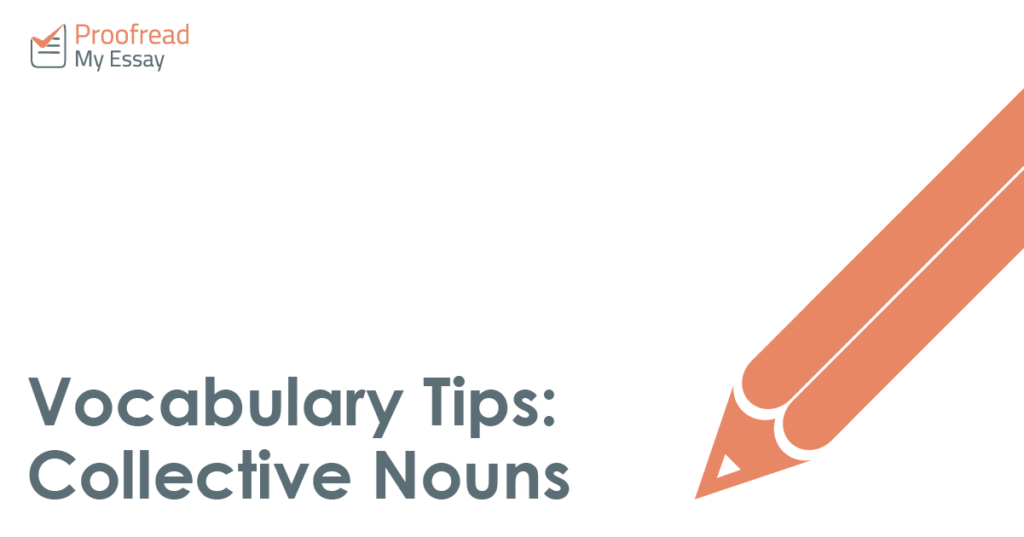Can a word be both singular and plural? If you’re asking about collective nouns, the answer is ‘sort of’. But since you’re here for grammatical guidance, we’re guessing you’d prefer a more specific answer. As such, today’s blog post is all about collective nouns and how to use them in your own writing.
What Are Collective Nouns?
Collective nouns name a group of things or people. For example, ‘team’ and ‘family’ are collective nouns because they each refer to a group of people.
These are distinct from uncountable (or mass) nouns, which usually refer to things that cannot be counted as individual units (e.g. sand or water). A good way to remember the difference is that collective nouns refer to living things, whereas uncountable nouns refer to ideas or inanimate objects.
Collective Nouns and Grammar
In British English, collective nouns can often be used with either plural or singular verbs. This is a little different to American English, where they are typically treated as singular.
For instance, in British English both of the following are correct:
Singular: The team is top of the league.
Plural: The team are top of the league.
Find this useful?
Subscribe to our newsletter and get writing tips from our editors straight to your inbox.
However, it is still a good idea to consider verb choice when using these words. Groups can act together or as individuals, so picking the right term will help you communicate clearly. For example, compare the following sentences:
Singular: The class disagrees with the teacher.
Plural: The class disagree with one another.
In the first sentence, we use the singular ‘disagrees’ because the students in the class are collectively disagreeing with the teacher. In the second, we use the singular ‘disagree’ because the students are arguing among themselves as individuals, so they’re not acting as a group.
Terms of Venery
Finally, it’s worth noting that many (but not all) collective nouns are terms of venery. These are words that describe a group of animals (e.g. ‘a herd of wildebeest’). You probably won’t need to memorise these unless you’re a zookeeper, but they can be quite fun! Here are some of our favourites:
- A sleuth of bears
- A kaleidoscope of butterflies
- A murder of crows
- A flamboyance of flamingos
- A bike of hornets
- An array of hedgehogs
- A cackle of hyenas
- A smack of jellyfish
- A tittering of magpies
- A parliament of owls
- A pandemonium of parrots
- An ostentation of peacocks
- A bouquet of pheasants
- A mischief of rats
- A clutter of spiders
- A lamentation of swans
- A wisdom of wombats
- A dazzle of zebras
(Photo: Another Believer/wikimedia)
